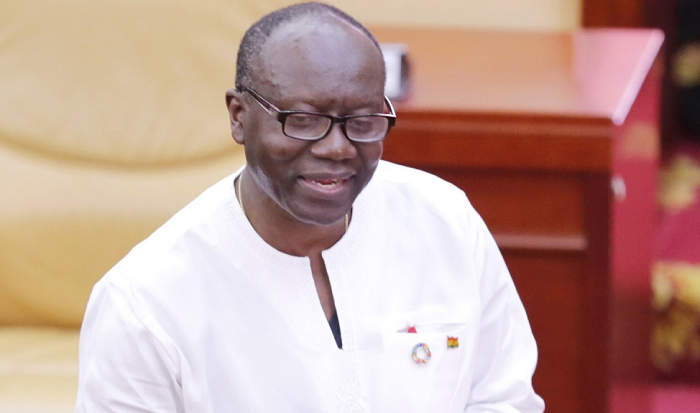
Relieving tax burden with pension contributions
The recent announcement by the Minister of Finance, Mr Ken Ofori Atta, about the proposed tax changes has sent shivers down the spines of many Ghanaians.
As noted by the minister, one major challenge that the country continues to face is low domestic revenue
Although a progressive-income tax assessment appears laudable, the populace must be
Taxes
Paying taxes in itself is obviously not something people, since the days of Matthew in the Bible, feel encouraged to do, or talk less of having to pay extra on your high earnings. To encourage people to
Advertisement
Section 3 of Act 766 provides for 18.5
These contributions by, and on behalf of the worker, qualify for tax reliefs for the worker or his/her employer to the extent of the contribution made by either the employer or the worker. The tax relief on pension contribution can substantially reduce the tax burden of a worker and, therefore, Ghanaians should take advantage of the provisions of Act 766 and contribute more towards their retirement.
Current arrangements
Under the current tax arrangements, a worker earning say GH¢20,000 as basic salary and GH¢10,000 as allowance can make extra tax savings of GH¢1,237.50 (representing 25
Extending this to the new proposal by the Finance Minister means extra tax saving of GH¢1,732.50 (representing 35per cent of the GH¢4,950 contribution to the PF) can be made by this
On the basis of the above illustration, it is of prudential benefit to workers earning in excess of GH¢10,000 to take the relevant steps to identify a registered PF and make the necessary pension contributions.
Although Act 766 opens this window of opportunity for workers, the Ghana Revenue Authority (GRA) must, as a matter of urgency, come up with the relevant guidelines to ensure that this opportunity is not abused. Under Act 766, a worker, having retired or contributed to the fund for more than 10 years, can cash out his/her accrued benefit under the PF without suffering any tax. Act 766, however, mandates GRA to apply a tax on the accrued benefits that are cashed out prior to the 10 years.
Illustration
From the illustration above, a worker earning in excess of GH¢10,000 can avoid paying a tax of GH¢1,732.5 and instead pay GH¢742.50 if he/she chooses to contribute to a PF and then cash out immediately. This is a loophole that needs to be addressed immediately to prevent workers from avoiding to pay the appropriate tax.
